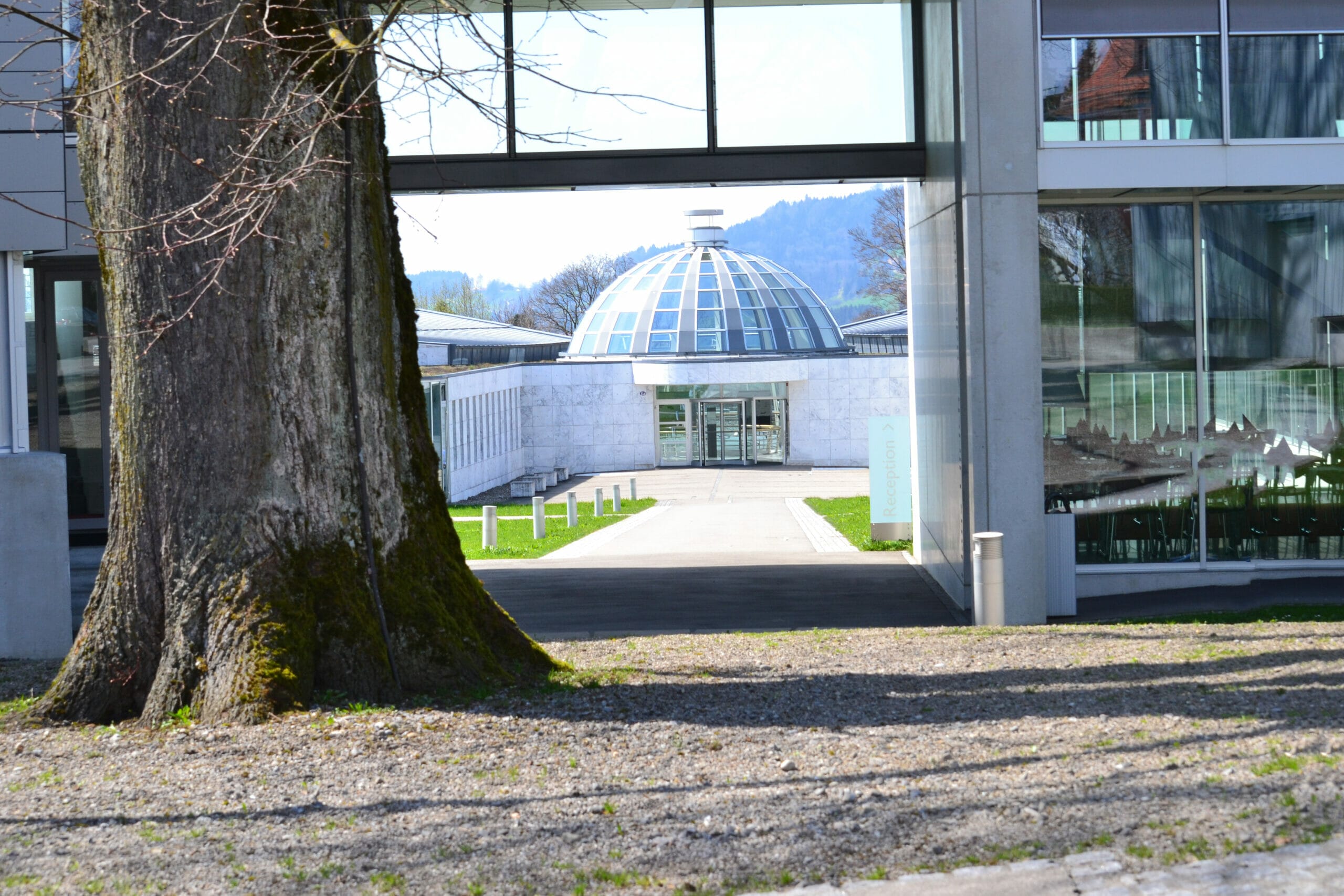What is the background to a ranking such as that of the Financial Times?
Basically, a ranking is intended to provide information about the quality of individual continuing education programmes offered by a university and/or continuing education institution.
For the University of St.Gallen and the Executive School in particular, participation in various rankings is important in order to demonstrate to the outside world the diversity of programmes, the excellent quality of the programmes and the proven reputation as a continuing education institution. In addition, it is also possible to check the level of our own competitiveness. Finally, the publication of rankings gives us the opportunity to strengthen our physical and digital presence and reach and to use the respective result for acquisition and marketing purposes.
How is a comparison between countries and universities possible, or what criteria are used in the assessment? How meaningful is the subsequent ranking?
In the Financial Times ranking, which is very important for us, there is, for example, a whole catalogue of quantitative and qualitative criteria that are used for the evaluation. However, we are deliberately kept in the dark about the weighting with which the information obtained is ultimately incorporated into the ranking. In this context, however, it is certainly important for all upcoming students and those interested in further education to know that we as a university cannot greatly influence the result of a ranking with our data. The feedback from former participants and graduates, who are also surveyed, is decisive. In the case of the Financial Times, their feedback accounts for 80 percent of the evaluation, while we, of course, contribute just 20 percent to the result. This ultimately confirms the quality and significance of such rankings.
How can the University and Executive School St.Gallen benefit from this?
Facing a ranking is a recurring question of consideration every year and an additional challenge, especially in such pandemic times. Due to the measures taken, the quality of the programmes also suffered in 2021, because ultimately, many continuing education programmes live from face-to-face teaching as well as direct exchange on site. The social component associated with this is lost to the participants to a certain extent and can only be compensated for to a limited extent by digital means. For these reasons, it was a particular challenge for the university and the Executive School to adapt flexibly and dynamically to these often changing conditions in order to continue to offer the programmes at the highest possible level of quality.
Our colleagues have truly mastered these challenges excellently in the past year, which is also reflected in the good results. The reputation of the University of St.Gallen and the Executive School benefits from this in the long term, because good quality despite difficult conditions gets around among those potentially interested in continuing education.
What led to the improvement in the ranking compared to the last one in 2020?
This question is not very easy to answer. To be honest, we have to admit that the non-participation of some competitors in the ranking may have had a positive effect on our ranking. However, I must clearly formulate this statement in the subjunctive, as this cannot be proven from our side.
What we have been able to establish is that our programme diversity has also helped to strengthen the diversity of our participants in several respects. This circumstance was certainly positively received in the evaluation. Furthermore, our setup in (teaching) methodology and didactics was and is a relevant aspect that contributed to a positive perception and maintenance of the high quality of our further education. As often as we were able to do so, or the framework conditions of the protection concepts gave us the legitimate opportunity to do so, the lessons were held on the continuing education campus, for example, which was very much welcomed by our participants.
In addition to the content of our programmes, which are constantly revised according to the latest research and practice, our lecturers and colleagues are largely responsible for generating a positive experience for our graduates. I am convinced that our commitment in this area is highly valued in terms of positive perception.
What is the goal for the next year or the future regarding the international positioning of the University St.Gallen and the Executive School?
In the mid and long term, we want to consolidate and further expand our current positions (10th place for Open Programmes and 27th place for Custom Programmes). We still see a lot of potential for optimising our programmes and the associated perception, also increasingly in an international context. An important aspect will be to promote the diversity we have already gained and to focus even more on the university as a whole as an institution where the topic of continuing education is intrinsically anchored.
About the author(s)
Newsletter
Get the latest articles directly to your inbox.
Share article
More articles
The Future of Work and the Central Role of Diversity & Inclusion
Leadership in Transition: Five Trends of Modern Leadership
The future of work – also relevant for the legal market?
Why inclusive leadership matters for every generation
Do young lawyers need leadership, too? Classification according to generations – slightly arbitrary, but useful


